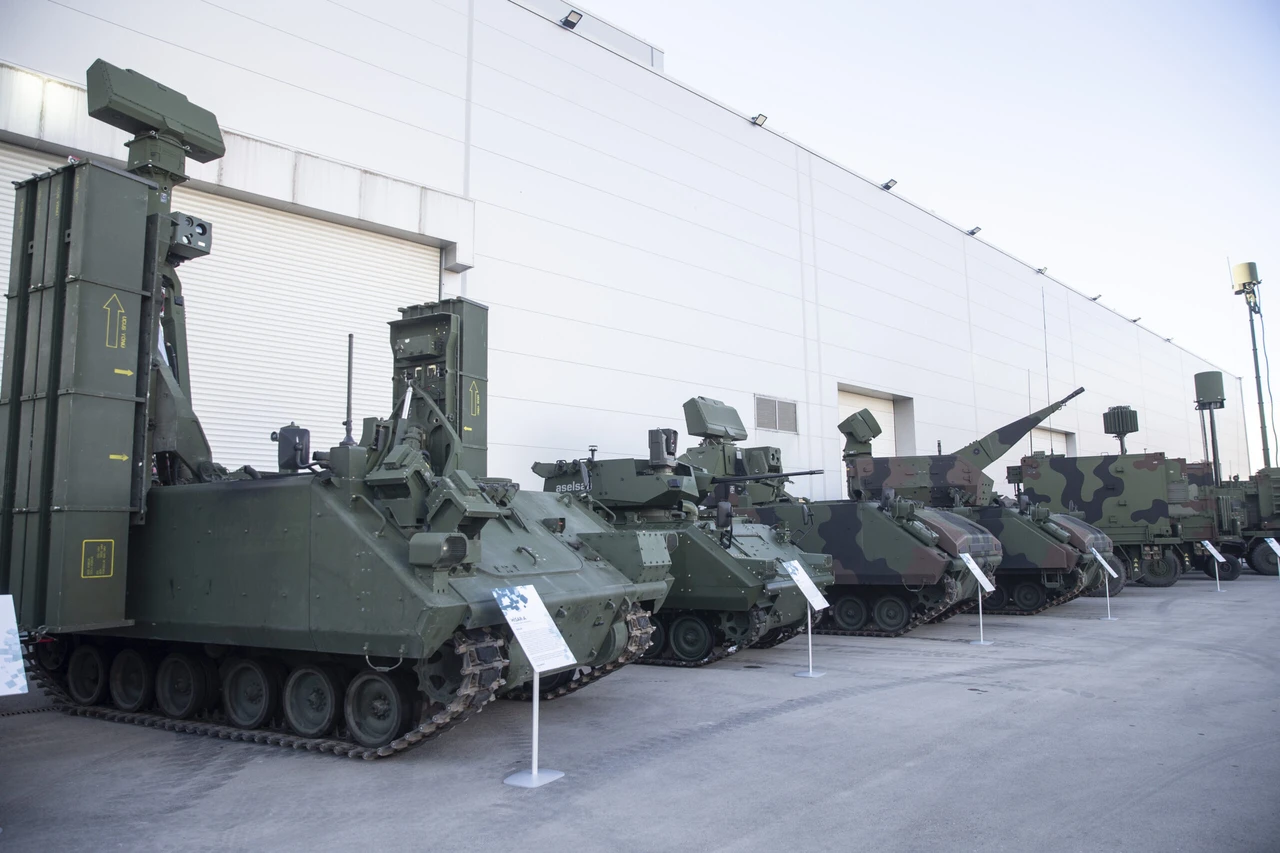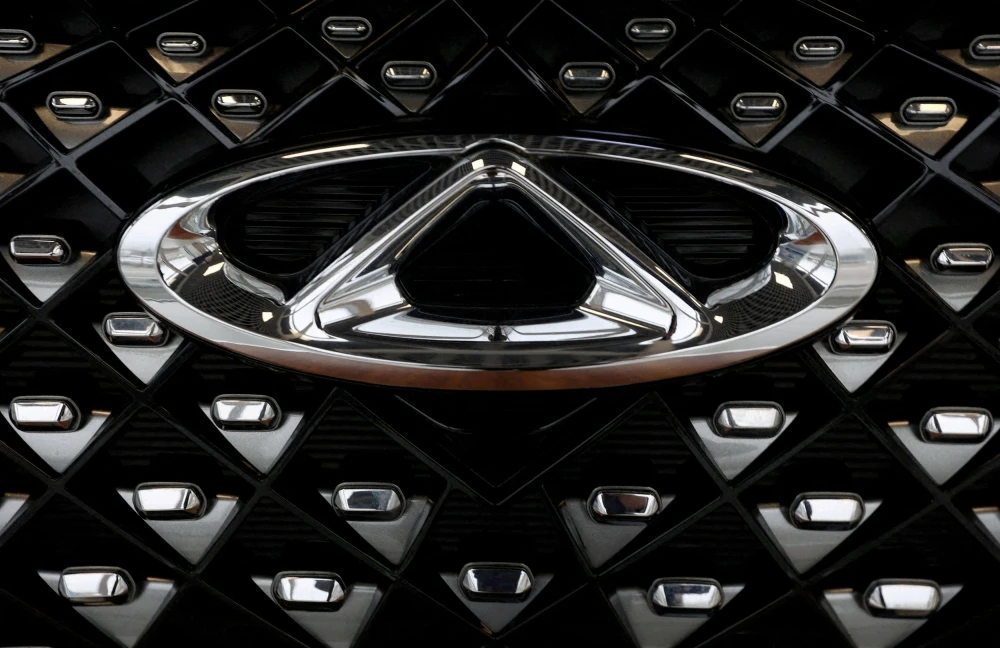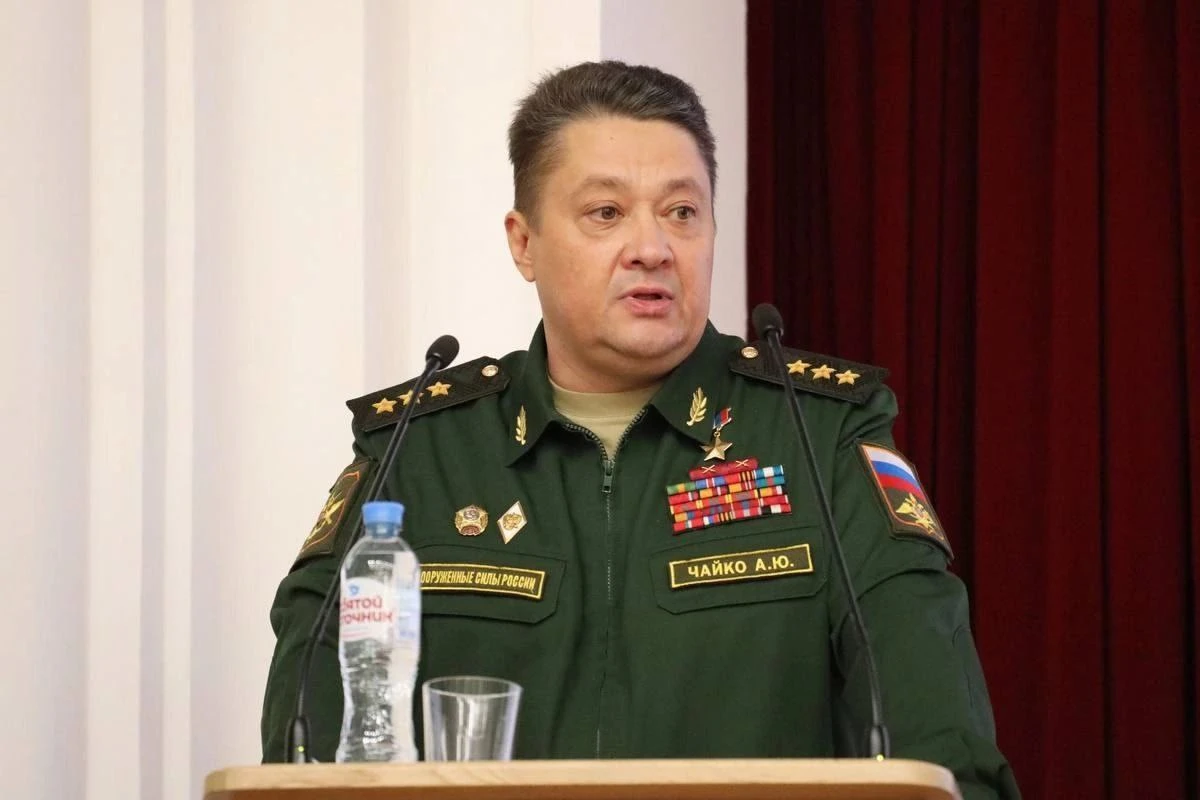Growing ‘Turkish mafia’ threat sparks security actions in Montenegro
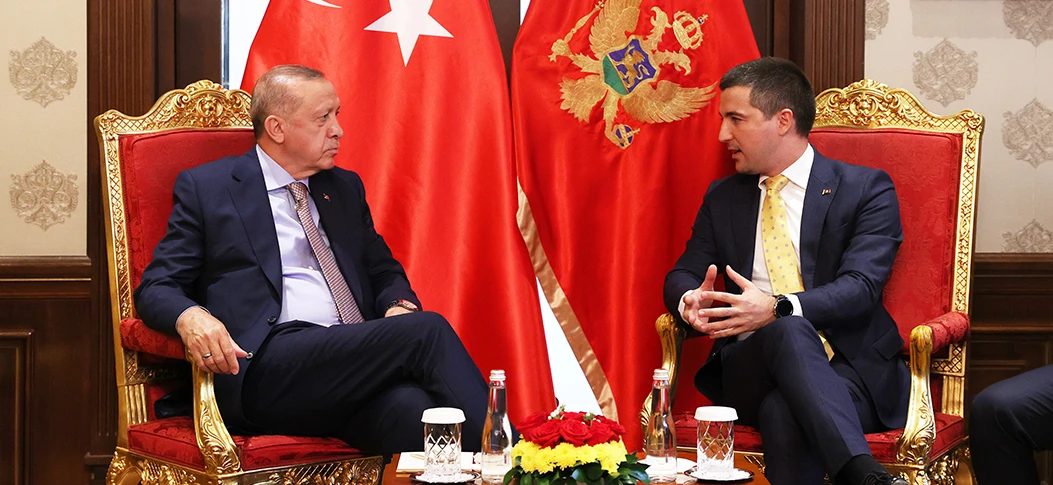 President Erdogan meets with Montenegro’s then-Parliament Speaker and now-Deputy Minister Aleksa Becic, August 29, 2021. (Photo via AK Party)
President Erdogan meets with Montenegro’s then-Parliament Speaker and now-Deputy Minister Aleksa Becic, August 29, 2021. (Photo via AK Party)
Montenegro is addressing the rising threat posed by Turkish criminal groups, which Deputy Prime Minister Aleksa Becic has called a serious danger to national security.
Becic discussed the measures taken against the Turkish mafia this year:
We have identified and neutralized several individuals linked to these structures, resulting in their removal from Montenegro. This has led to a significant reduction in their activities.
Authorities prosecuted 13 Turkish nationals for crimes such as human trafficking, forgery and economic offenses.
Among those extradited to Türkiye is Binali Camgoz, whom Becic described as a threat to Montenegro’s national security. Authorities have confirmed that five Turkish nationals were arrested on international warrants, with four already sent back to Türkiye.
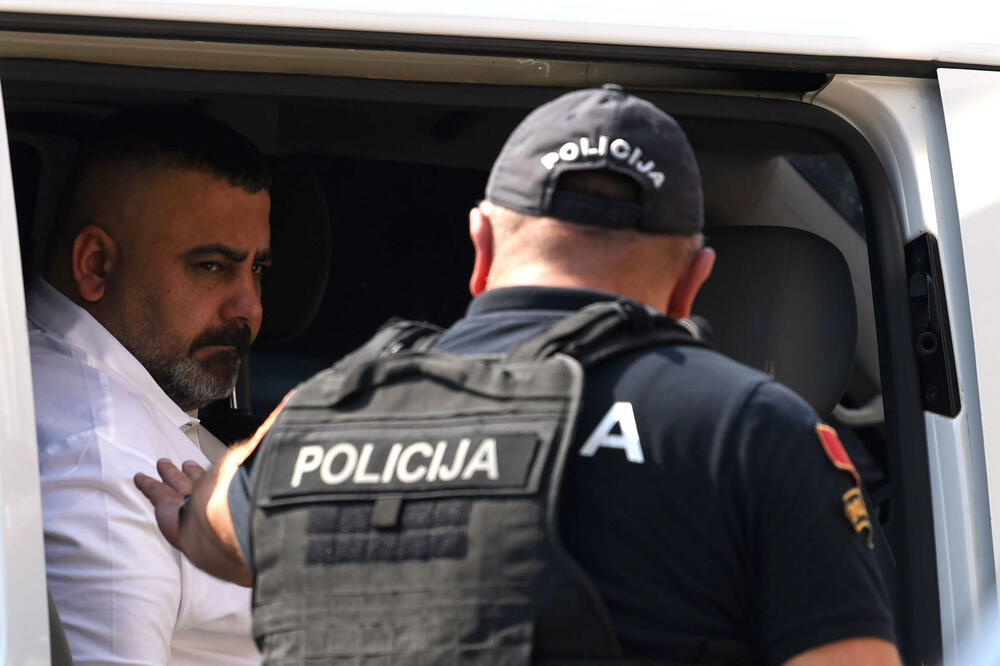
Turkish mafia smuggles heroin, launders money through Montenegro
Montenegro’s government has identified Turkish criminal organizations as key players in heroin trafficking, human smuggling and money laundering.
- The SOCTA report states that heroin originates from Afghanistan and Türkiye and enters Montenegro to supply both local markets and international smuggling routes.
- Criminal groups transport most of the heroin to Serbia, Bosnia and Herzegovina and European Union countries, where its price multiplies.
- Rozaje, a town in northern Montenegro near the Serbian and Kosovo borders, serves as a storage and distribution hub for heroin.
- Criminal groups from the northern and central parts of the country collaborate with Turkish networks, facilitating smuggling operations.
According to SOCTA, the Turkish mafia “established direct contacts with criminal groups in Türkiye, from where heroin is smuggled directly to Podgorica.”
Turkish criminal organizations are also involved in money laundering. They use businesses registered in Montenegro as fronts for illegal activities.
- Many of these companies operate in consulting, real estate, and automobile trading
- Montenegro’s latest data shows that Turkish nationals own 5,002 foreign-registered businesses in the country, accounting for 27.2% of all foreign-owned companies
- This marks a sharp rise compared to 2016, when Turkish-owned companies made up only 3.1% of foreign enterprises
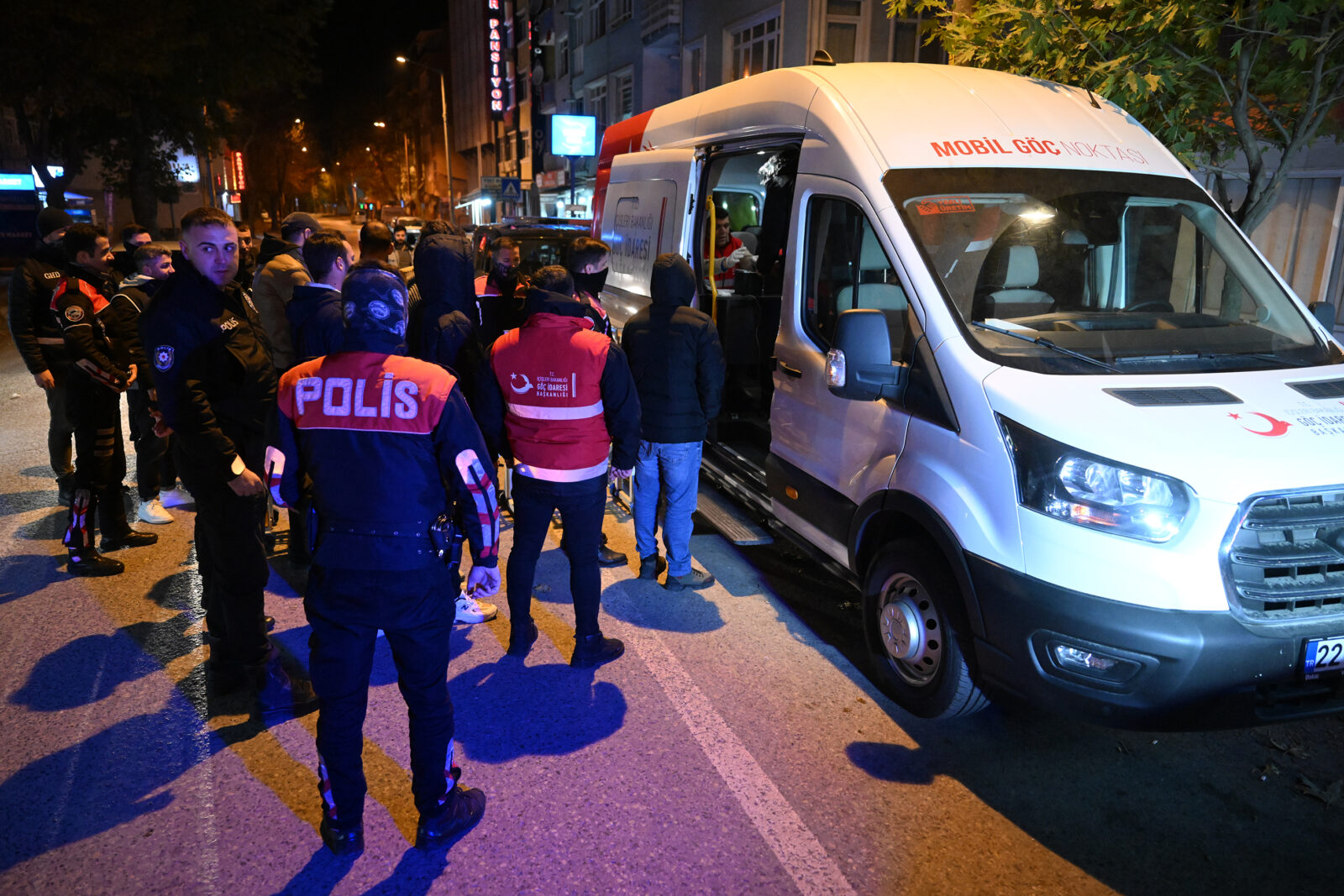
Migrant smuggling, human trafficking operations involve Turkish networks
Authorities have uncovered schemes where Turkish mafia groups establish businesses in Montenegro to help migrants obtain temporary residency permits. These migrants often use their legal status to apply for EU transit visas.
In some cases, smugglers illegally transport migrants by sea from Montenegro to Italy or Croatia. Fees for these smuggling services range from €2,000 ($2,101.87) to €6,000 per person, according to SOCTA.
Human trafficking cases have also been reported. Turkish nationals, often employed on Montenegrin construction sites, later pay traffickers to reach EU countries.
The SOCTA report emphasizes that these criminal activities damage Montenegro’s reputation and align with broader concerns from the European Commission.
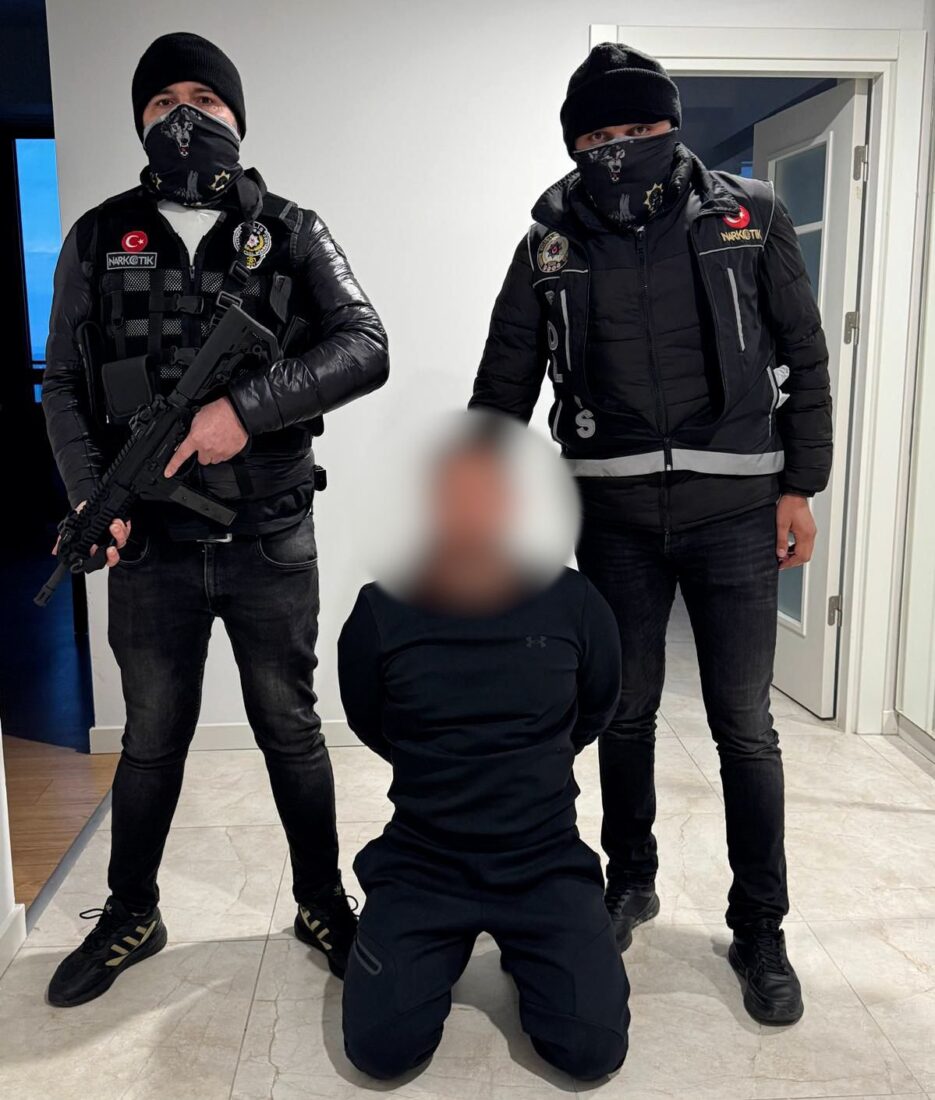
Montenegro strengthens approach to combating organized crime
Montenegrin authorities are intensifying efforts to disrupt organized criminal activities.
- In November alone, police arrested six Turkish nationals for crimes that included counterfeiting money and defrauding the state budget.
- Earlier this year, at least 10 Turkish nationals faced arrests, with some transferred to Türkiye to serve sentences.
Deputy Prime Minister Becic confirmed that Montenegro will continue identifying and removing foreign criminal elements.
We aim to prevent criminal activities and protect our national interests by denying these individuals the opportunity to operate in Montenegro.
As Montenegro and Türkiye commemorate 145 years of diplomatic relations, cooperation between the two nations is under scrutiny.
Montenegrin President Jakov Milatovic is meeting with Turkish President Recep Tayyip Erdogan in Ankara on Dec. 2. Whether the discussions will address the active presence of the Turkish mafia in Montenegro remains unclear.
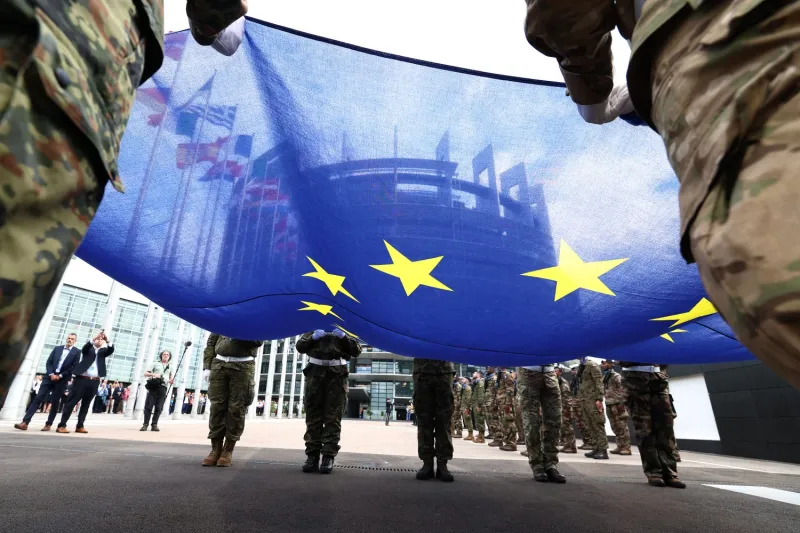
Montenegro’s role in organized crime raises concerns over its EU aspirations
Montenegro’s involvement in organized crime raises questions about its readiness to align with EU standards. The European Commission has urged Montenegro to harmonize its visa policy with EU regulations.
This includes reinstating visa requirements for Turkish citizens, a step considered essential to curbing illegal migration and related criminal activities.
Authorities remain vigilant as foreign criminal groups, including the Turkish mafia, continue exploiting Montenegro’s strategic location to carry out illegal operations.
